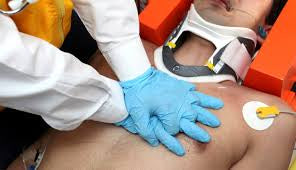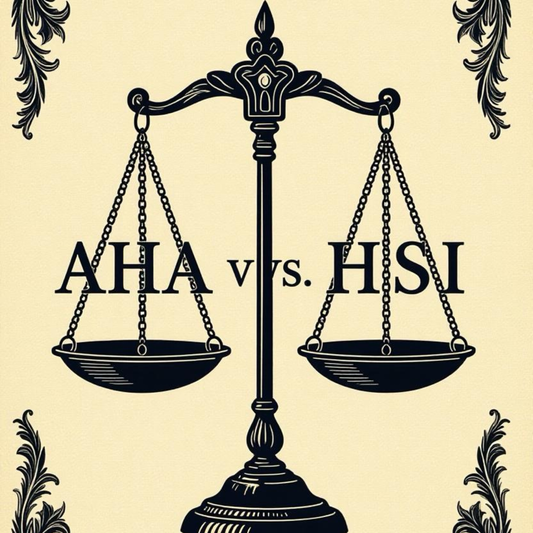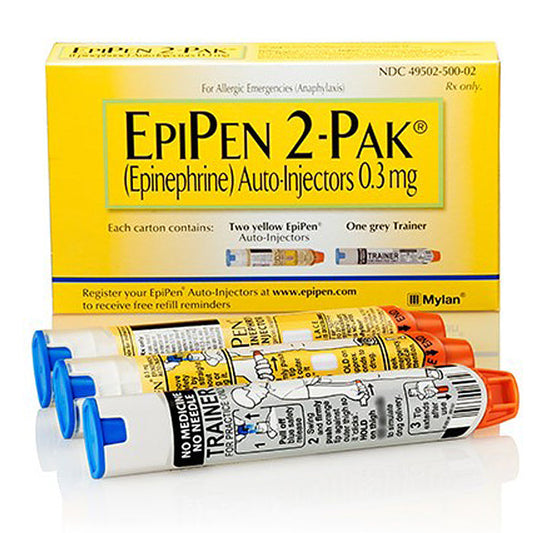
The Importance of 30:2
William BeauregardShare
CPR, or Cardiopulmonary Resuscitation, is a life-saving technique used in emergency situations where someone's breathing or heartbeat has stopped. One of the important aspects of performing CPR is the ratio of 30:2, which refers to the number of chest compressions and rescue breaths delivered during CPR. In this blog post, we will discuss the importance of the 30:2 ratio and how it works.
The American Heart Association (AHA) recommends a ratio of 30 chest compressions to 2 rescue breaths for adults who require CPR. The purpose of chest compressions is to help circulate blood throughout the body, delivering oxygen to the brain and other vital organs. The recommended compression rate is at least 100-120 compressions per minute, which helps maintain adequate blood flow to the body.
However, rescue breaths are also crucial in CPR as they help deliver oxygen to the lungs and maintain adequate blood oxygen levels. Interrupting chest compressions to deliver rescue breaths can reduce blood flow and may decrease the effectiveness of CPR. To balance the benefits of chest compressions and rescue breaths, the AHA recommends delivering two breaths after every 30 compressions.
The 30:2 ratio ensures that there is a balance between the two components of CPR, providing sufficient oxygen to the lungs and blood flow to the body. The ratio has been established based on research and clinical experience, and has been found to be effective in increasing the chances of survival in cardiac arrest patients.
It is important to note that the ratio may differ for infants and children, and may vary depending on the circumstances of the emergency. It is always best to follow the specific guidelines provided by the AHA or other authorized training programs.
In conclusion, the 30:2 ratio is a critical component of performing CPR. It provides a balance between chest compressions and rescue breaths, ensuring adequate oxygenation of the lungs and blood flow to the body. Knowing and practicing the proper ratio is essential for anyone who may need to perform CPR in an emergency situation. Remember, timely and effective CPR can make a significant difference in saving someone's life.



